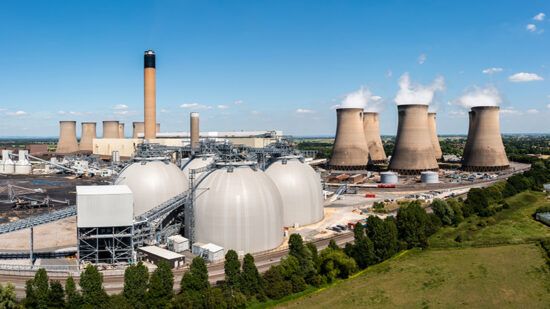The Aviva Staff Pension Scheme, Ford Pension Scheme and BP Pension Fund were among those considered to be “less engaged” on climate issues, with “no plans to report on climate risks,” according to the committee.
In a statement at the end of May, the government committee warned that a minority of the largest UK pension schemes were failing to recognise the ESG-related risks posed to their portfolios, which the committee says will likely materialise in the lifetime of scheme members.
“Pension funds should, at least, assess the exposure of their assets to the physical, transition and liability risks from climate change that will materialise during savers’ lifetimes,” said Mary Creagh MP, Chair of the UK’s Environmental Audit Committee (pictured).
The Committee divided the 25 largest UK pension funds into three categories based on their self-reported engagement levels relating to climate change. The categories were: “more engaged,” “engaged” and “less engaged”.
The Committee found that eight funds had no plans to report in line with the Task Force on Climate-related Financial Disclosures.
Independent consultants say that the level of sophistication in assessing the risks posed by climate change and other ESG factors varies widely – even between the largest UK schemes.
In an interview, Honor Fell, vice president of Manager Research at investment consultancy Redington explained that the majority of pension schemes are “seeking reassurance” from their consultants that these risks have already been considered.
“The volume of questions being asked has increased and there are a few leaders – take the HSBC Pension Fund, Nest and the Environment Agency Pension Fund. They are pushing their advisers to find new solutions, but they are sadly not in the majority.
“The majority want reassurance that their consultants and their asset managers are making sure that these risks have been accounted for. If ESG risks are material, and climate change is the clearest risk, perhaps it is a reasonable expectation that the asset manager is taking account of those risks when they are investing on behalf of the asset owner.”
In an emailed statement, a spokeswoman for the Aviva Staff Pension said that the “vast majority” of the scheme was a defined benefits scheme, primarily invested in gilts and therefore has “negligible climate risk.”
She added: “The fund also includes a small defined contribution scheme in which members are free to choose which fund they invest in, with a number of SRI funds on offer.
“The Aviva Staff Pension is managed by an independent board of trustees and they are actively exploring what more they can do to manage climate exposure.”
Representatives for the Ford and BP Pension schemes were unable to comment at the time of publication.








